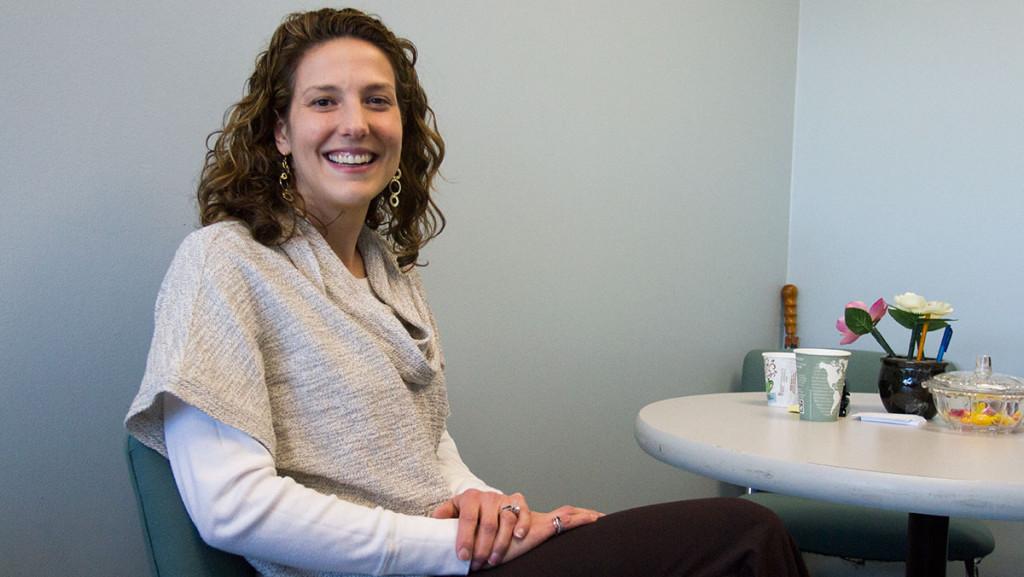Students can now request test accommodations through an online process rather than filling out paper forms and making a series of phone calls.
After two years of development, the Academic Workflow Implementation Committee in conjunction with the office of Student Accessibility Services unveiled the new online process Jan. 23. Students who provide documentation to SAS from a licensed medical professional as to why they need accommodations now have the ability to schedule exam arrangements without visiting the SAS office in person.
Leslie Kelly, manager of SAS, said the new streamlined process provides a direct link between students requesting accommodations and their professors. When students fill out the form on the IC Workflow website — which incorporates data from HomerConnect — they will have the ability to select accommodations that they are specifically approved for. Accommodations include, but are not limited to, adaptive technology for exams, extended time, computer use, isolated or small group testing locations, and use of a reader or scribe. The majority of the 710 students registered with the SAS office use testing accommodations.
Bryan Roberts, associate dean of the Roy H. Park School of Communications and co-chair of the Steering Committee of the Academic Workflow Implementation Committee, said the online form replaces the lengthier paper and phone system that was known to be an anxiety-filled process.
“The goal of the committee is to make our processes easier and more efficient and more intuitive,” Roberts said. “I think with this, it really is a game-changer. It will take the worry out of the process.”
Junior Zach Myers, who uses SAS specifically for testing accommodations, said the previous paper process required students to go to SAS in the Towers Concourse and fill out a form by hand. Myers recently used the new online form for the first time and said he immediately noticed it was quicker and more efficient.
“It requires much less time to fill out the exam form now, and I no longer have to worry about going all the way to Towers to fill out a form or give them a phone call,” Myers said.
Registrar Brian Scholten, who serves on the Academic Workflow Implementation Committee, said the new online process is exciting because it benefits so many people. Scholten said he believes the students, faculty and staff who use the test accommodation form will be pleased by the new online version.
“The idea with all of the workflows is to hopefully completely automate a whole process from the time the request is initiated through review and approval, and then something is done,” Scholten said.
Kelly said the former process could be time-consuming. Students would often forget the spelling of the professor’s name or the full course title, slowing down the request, she said.
A copy of each online form submitted will automatically be sent to the student and professor involved, as well as SAS. An instructional video is available on the IC Workflow website that goes through the process step-by-step for students and faculty. The videos are captioned to provide better access to all students.
Nick Farthing, the project manager for enterprise content management in Information Technology Services and a member of the Academic Workflow Implementation Committee, said SAS worked with ITS to develop the online form.
ITS began the final development phase of the online form during finals week of the Fall 2014 semester. SAS worked with students and professors to test the new system at the end of last semester and at the beginning of this semester before the form was released to the general public.
In the near future, waiver-sub, change of grade and transfer petition forms will be added to the list of online forms available on IC Workflow, Roberts said.
“While the process may move slow, we are doing it right, and that is important,” he said.









